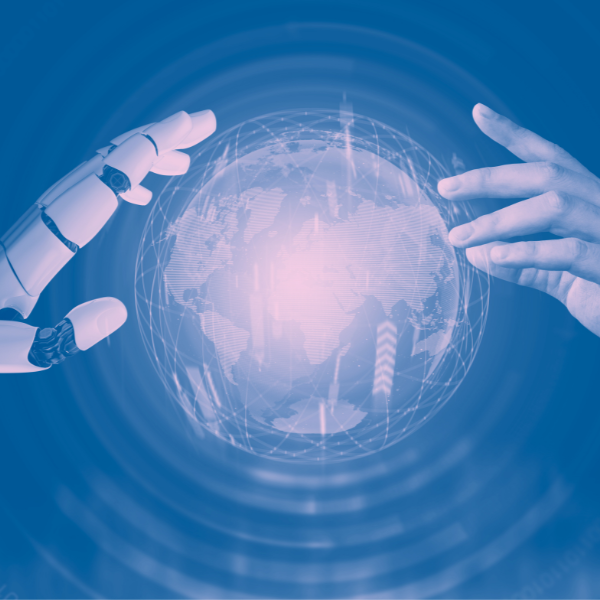Employer

UK Manufacturing Edges into Growth: What It Means for the South West
December 15th, 2025

Article by Joanne Caine | June 25th, 2024
People Management recently discussed ten ways AI is transforming the recruitment process, and we are certainly starting to see more adoption of this innovative tech form both in our business and across the market.
In the last 30 years, we have seen many changes in the recruitment sector. Many people thought that the introduction of online job boards would signal the end of the recruiter, and how wrong they were. There is no removing the human element from the hiring process, in my view, and the introduction of AI is just another step forward.
People Management recently discussed ten ways AI is transforming the recruitment process, and we are certainly starting to see more adoption of this innovative tech form both in our business and across the market.
In the last 30 years, we have seen many changes in the recruitment sector. Many people thought that the introduction of online job boards would signal the end of the recruiter, and how wrong they were. There is no removing the human element from the hiring process, in my view, and the introduction of AI is just another step forward.
But what are the pros and cons? How do we keep the human element while also improving efficiency?
Predictive Workforce Planning: AI uses internal and external data to forecast hiring needs, enabling better planning and resource allocation.
Automated Screening and Shortlisting: AI-driven tools can quickly sift through resumes to identify the most qualified candidates, saving time and reducing human error.
Enhanced Candidate Experience: AI chatbots provide 24/7 engagement with candidates, answering queries and guiding them through the application process.
Bias Mitigation: AI can help reduce unconscious bias in hiring by focusing solely on candidate qualifications and experiences.
Optimised Job Ad Placement: AI analyses data to place job ads where they are most likely to be seen by the target audience.
Interview Scheduling: AI tools automate the scheduling process, eliminating back-and-forth communication.
Data-Driven Decision Making: AI provides insights into hiring trends and candidate performance, aiding in more informed decisions.
Employee Retention and Internal Mobility: AI identifies current employees who could be a good fit for new roles within the company.
Talent Pool Management: AI maintains a database of potential candidates, making it easier to fill positions quickly.
Recruitment Marketing: AI helps tailor recruitment campaigns to attract the best talent through targeted advertising and content creation.
AI's integration into recruitment is undeniably beneficial, offering efficiency and data-driven insights that were previously unattainable. However, it's crucial to balance AI's capabilities with the human element of recruitment.
While AI can handle repetitive and data-intensive tasks, human recruiters bring empathy, intuition, and cultural understanding that are vital in evaluating candidates' fit within a team and company culture.
We must also think about the implications for those with hidden disabilities, or neurodivergence, who may not fit the ‘typical’ mould that AI has been modelled on. Where a lack of eye contact to an AI tool may deem the candidate unsuitable for the role, a human recruiter can take all of the situation into account.
Therefore, while leveraging AI in recruitment, companies should ensure it complements rather than replaces human judgment. This approach will lead to more effective and humane hiring processes, where technology enhances rather than dominates the recruitment landscape.
Article by Joanne Caine
June 25th, 2024
Employer

December 15th, 2025
Employer

December 2nd, 2025
Employer

November 17th, 2025
This site uses cookies to improve your user experience. Cookie Policy